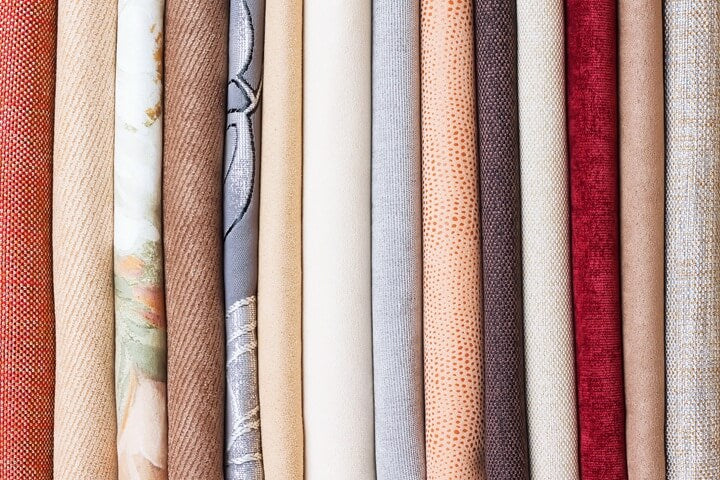When choosing baby wipes, many parents focus on ingredients, looking for the safest and gentlest option for their baby’s delicate skin. But one critical factor that often gets overlooked is the fabric material itself. Let’s take a closer look at the two main types of fabric used in baby wipes: cotton and viscose.

Transparency in Baby Wipes: Understanding Fabric Composition
Cotton: The Natural Choice
Cotton is a 100% natural fiber, celebrated for its softness and flexibility. It is derived directly from cotton plants, making it a completely natural material. The benefits of cotton are numerous:
- Sustainable and Biodegradable: Being a natural fiber, cotton is biodegradable and often viewed as a more sustainable choice compared to synthetic alternatives.
- Gentle: Its natural flexibility ensures it’s gentle on the skin, making it ideal for sensitive areas like a baby’s face and bottom.
However, cotton does have a downside: cost. Cotton is generally more expensive than other materials, including viscose. This higher cost can make baby wipes made from 100% cotton less accessible for some consumers. Still, the benefits often outweigh the cost for parents seeking a premium, natural option.
Viscose: The Economical Alternative
Viscose, on the other hand, is a man-made material derived from wood cellulose. While it starts as a natural product, the journey from wood to fiber involves significant chemical processing. Here’s how it works:
- Source: Wood chips, often from mixed sources, are broken down to extract cellulose.
- Chemical Processing: The cellulose undergoes various chemical treatments to transform it into soft, flexible fibers.
- Addition of Plastics: In most cases, plastics are added to the mix because fibers derived from wood alone are not naturally stretchable. This addition enhances flexibility and durability but reduces the natural composition of the material.
Transparency Challenges Due to Lack of Regulation
An important aspect to consider is that the composition of fabric in baby wipes is not mandated for disclosure by the FDA. This lack of regulation contributes to a lack of transparency, allowing brands to use vague marketing phrases such as "derived from natural sources" or "natural fabric," even when the fabric material contains artificial ingredients such as plastic fibers. Additionally, it is challenging to determine the exact origin of the wood or plants used in viscose production because they are often mixed from several sources.
For parents seeking clarity, checking the composition ratio of the fabric (e.g., 100% cotton or 100% viscose) is essential. Unfortunately, many brands do not disclose this information, leaving customers in the dark about what they are truly purchasing. Knowing the exact percentage can help ensure you are getting a product that aligns with your expectations. At Blissmile, we are committed to advocating for transparency in the baby wipes industry, and we are spearheading a petition to encourage clearer labeling and disclosure from brands. Sign our petition here.
Why Choose Blissmile Cotton Baby Wipes?
For parents seeking the most natural and safe option, baby wipes made from 100% cotton are an excellent choice. Cotton is:
- Traceable: With its origin traceable to one type of plant, cotton ensures a straightforward and transparent production process, unlike the blending and processing required for viscose.
- In Its Natural Form: Unlike viscose, cotton does not require intensive chemical processing to become a soft and effective fabric.
- Gentle on Skin: With no added plastics, cotton is perfect for sensitive skin, reducing the risk of irritation or allergic reactions.
At Blissmile, our baby wipes are made with 100% cotton and 100% water, ensuring a product that is both gentle on your baby and kind to the environment. We believe in transparency and providing parents with the best possible choice for their little ones.
When it comes to your baby’s skin, why settle for anything less than 100% natural? Embrace the natural choice. Choose cotton with confidence.






